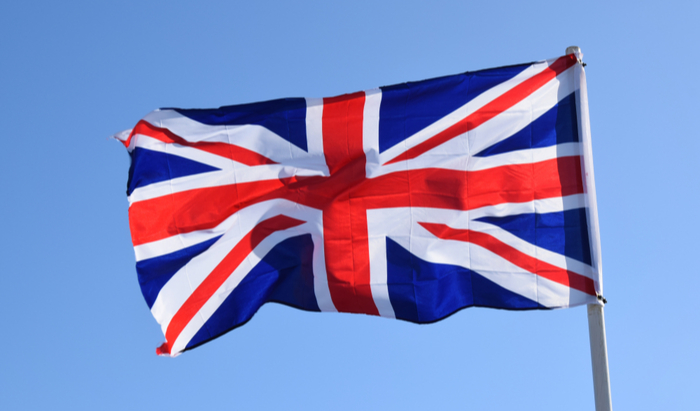The UK government has published its betting and gaming duty statistics report which includes receipts data for all duties from April 2020 to September 2020 including lottery duty.
The report noted that lottery duty has consistently remained the largest contributor to year-to-date betting and gaming total receipts, comprising 34% of the total in the current financial year.
However, the provisional total for betting and gaming receipts for the current financial year is £1,344m, a decrease of 8% compared with the same period in the financial year ending 2020.
This fall was likely caused by economic impacts related to the coronavirus, but August and September receipts have indicated signs of recovery.
In the current financial year, receipts are slightly lower than the previous financial year. June 2020, August 2020, and September 2020 returns were all higher than receipts in these months in the previous financial year. September 2020 almost saw a new record peak in lottery duty receipts.
Over the previous three financial years, totals have remained stable between £60m and £90m, reaching a peak of £93m in December 2019. Receipts in the financial year ending 2020 were higher in every month, besides January, than in the financial year ending 2019.
Introduced in November 1994, lottery duty is a duty on taking a chance or ticket in a lottery that is promoted in the UK. It is paid by the promoter of the National Lottery. All other lawful lotteries are exempt.
The duty applies to lottery tickets and scratch-cards. Duty payable is based on stake money received from ticket sales, and the duty rate of 12% has remained the same since its introduction.



























